Resources
American colleges and universities have invested millions of dollars in equipment and "smart classrooms," but the jury is still out on whether computers have led to a revolutionary improvement in the quality of teaching. Professors are finding new ways to lecture, to run lab sessions, and to interact with students, however. The Chronicle dispatched reporters to classrooms across the country to find some of the most promising or unusual methods of teaching with technology. Some of the courses involve teams of professors and designers, as well as serious investments of time and money, while others are techniques that individual professors have developed using tools that are common on most campuses. No matter how much support they have, the professors have hit their share of roadblocks. But these wired teachers say students are responding positively as class sessions become more interactive. (From the Publisher)
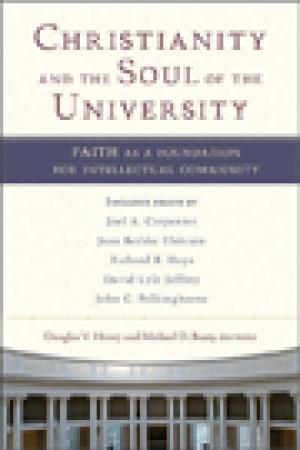
Leading scholars explore the role of faith in the university setting. (From the Publisher)
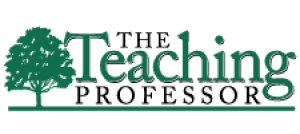
Journal Issue.
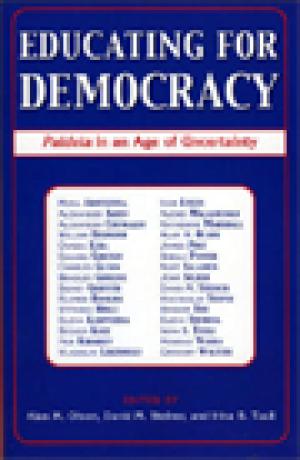
The central conflicts of the world today are closely related to cultural, traditional and religious differences between nations. As we move to a globalized world, these differences often become magnified, entrenched and the cause of bloody conflict. Growing out of a conference of distinguished scholars from the MiddleEast, Europe and the United States, this volume is a singular contribution to mutual understanding and cooperative efforts on behalf of peace. The term paideia, drawn from Greek philosophy, has to do with responsible education for citizenship as a necessary precondition for effective democracy. (From the Publisher)
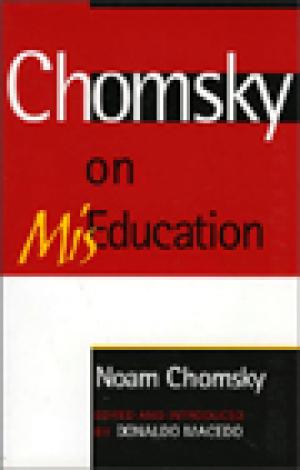
In Chomsky on MisEducation, Noam Chomsky builds a larger understanding of our educational needs, starting with the changing role of schools today, and then broadening our view toward new models of public education for citizenship. Chomsky weaves global technological change and the primacy of responsible media with the democratic role of schools and higher education. A truly democratic society, he argues, cannot thrive in a rapidly changing world unless our approach to education - formal and otherwise - is dramatically reformed." "Chomsky's critique of how our current educational system "miseducates" students - and his prescriptions for change - are essential reading for teachers, parents, school administrators, activists, and anyone concerned about the future. (From the Publisher)

When it first appeared in 1984 The Christian College was the first modern comprehensive history of Protestant higher education in America. Now this second edition updates the history, featuring a new chapter on the developments of the past two decades, a major introduction by Mark Noll, a new preface and epilogue, and a series of instructive appendices. (From the Publisher)
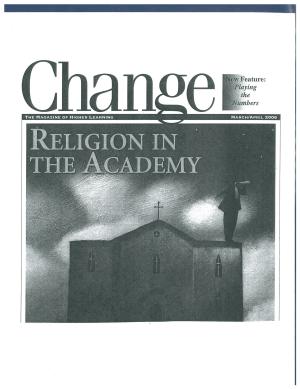
Journal Issue
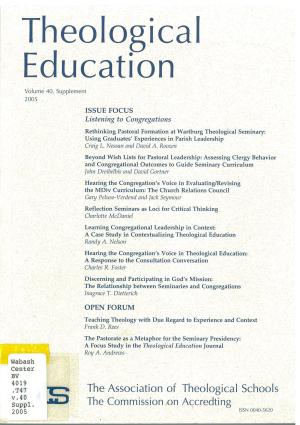
Journal Issue. Full text is available online.
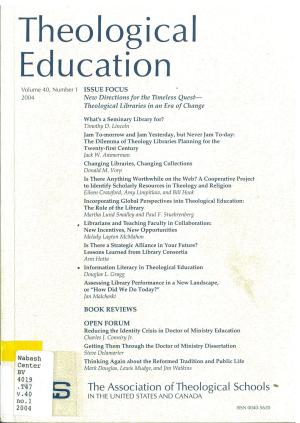
Journal Issue. Full text is available online.